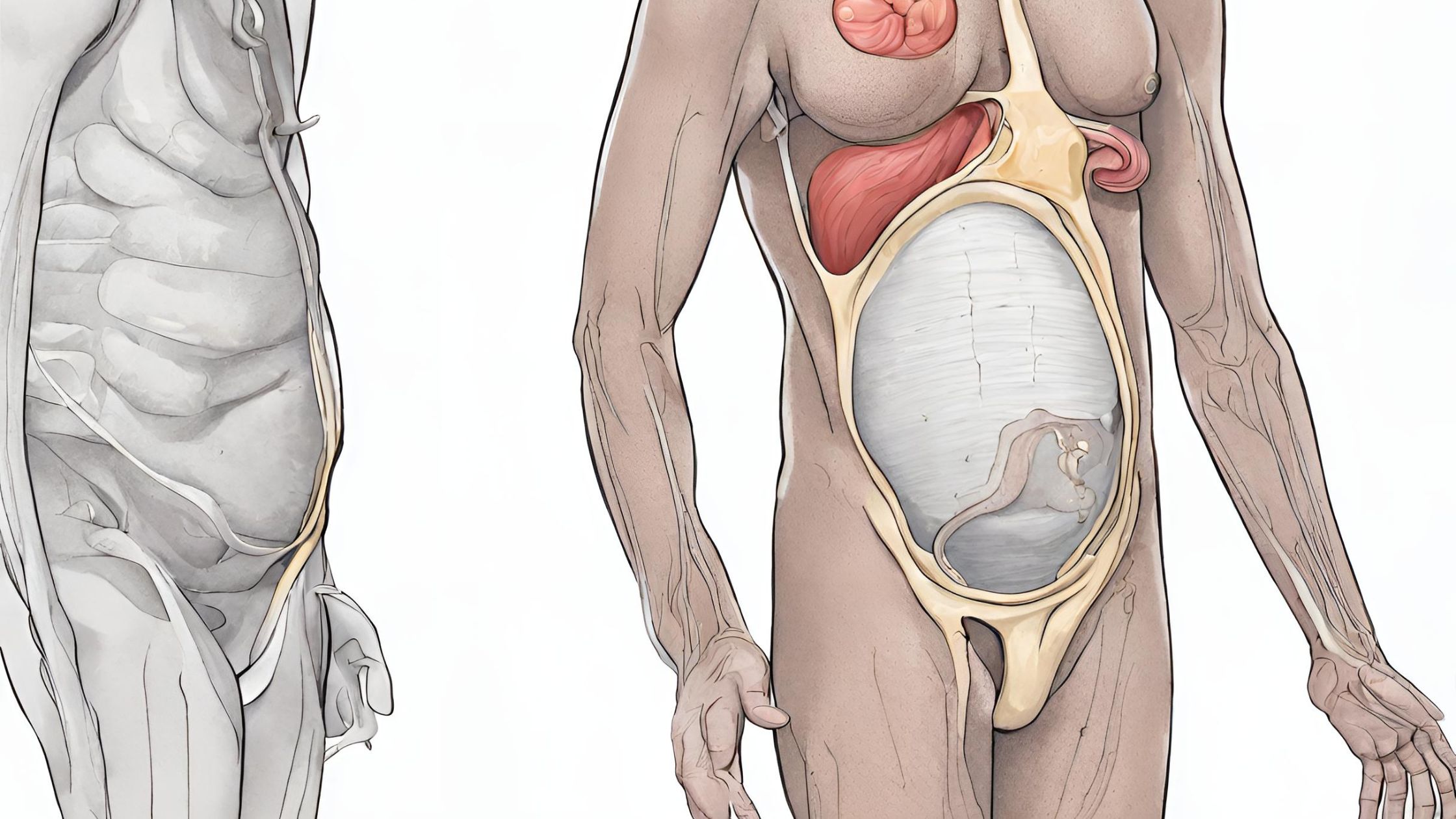Many patients notice that their stomach looks bloated or bigger after having their gallbladder removed. This is a common side effect that can last for weeks or months after the surgery. Understanding why this happens and how to minimize it can help patients recover more comfortably.
Reasons for Abdominal Swelling After Gallbladder Surgery
Gas and Bloating
With the gallbladder gone, bile flows more freely into the small intestine. This can cause indigestion, gas, bloating, and abdominal discomfort. The surgery also disrupts the digestive process, leading to temporary issues that cause a swollen tummy.
Incisional Swelling
Swollen intestines and abdominal tissue near the surgical incisions can cause the belly to protrude. This swelling around the wounds will improve as they heal.
Fatty Food Intolerance
The gallbladder released bile to help digest fatty foods. Without it, the body struggles to break down fats, resulting in tummy troubles. Eating fatty or greasy foods can trigger pain, diarrhea, gas and abdominal distention.
Constipation
Some patients experience constipation after surgery due to anesthesia side effects, dehydration, and medication use. Constipation causes bloating and discomfort as stool moves slowly through the intestines.
Excess Gas Production
Bile helps digest and absorb fats. With the gallbladder gone, undigested fats can get to the large intestine and cause gas production and bloating. This improves over time as the digestive system adjusts.
Tips to Reduce Swelling in the Abdomen
Here are some tips to help minimize abdominal bloating as you recover:
- Drink plenty of fluids to stay hydrated
- Walk and move around to stimulate the bowels
- Avoid fatty, greasy foods
- Choose low-fiber foods until bowel function normalizes
- Take over-the-counter anti-gas medications
- Use heating pads to relieve discomfort
- Wear loose, comfortable clothing
- Get adequate rest
- Give it time – swelling should gradually subside
When to See Your Doctor
Call your surgeon if you have:
- Severe or worsening pain
- Fever or chills
- Persistent nausea/vomiting
- Swelling that lasts longer than 2 weeks
Mild bloating and swelling is normal during recovery. But contact your healthcare provider if symptoms do not start to improve.
Conclusion
It is common for the stomach to appear bloated or distended after gallbladder removal surgery. Factors like gas, constipation, incision swelling and fatty food intolerance contribute to this temporary side effect. Making diet changes, using over-the-counter aids, exercising, and giving it time will help reduce abdominal swelling and bloating. Speak to your doctor if swelling lasts longer than 2 weeks or you have other concerning symptoms. With proper care, the abdomen should return to normal size eventually as the body adjusts to life without the gallbladder.
